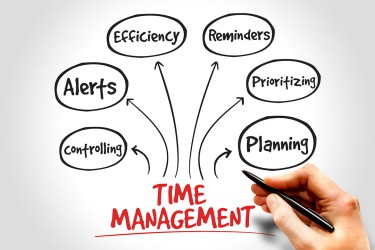02 Nasr Rd. Nasr City – Cairo – Egypt
info@edge-cost.com
002-01226269782

Projects Time Management
Certainly! Time management is a critical aspect of project management in the construction industry. It involves planning, scheduling, monitoring, and controlling activities to ensure that a construction project is completed within the specified timeframe. Effective time management helps in meeting project deadlines, optimizing resource utilization, and minimizing delays.
Here are the key steps involved in the time management process in the construction industry:
- Project Planning: During the planning phase, project managers define project objectives, scope, and deliverables. They break down the project into smaller tasks and identify their dependencies. This information is used to create a project schedule.
- Activity Sequencing: In this step, project activities are sequenced based on their dependencies and logical order. This helps in determining the most efficient sequence of tasks and identifying any critical paths that could impact the project’s overall duration.
- Resource Allocation: Once the activities are sequenced, project managers assign resources such as labor, equipment, and materials to each task. Resource availability and constraints are taken into account to ensure that the project schedule is realistic and achievable.
- Schedule Development: Using the activity sequencing and resource allocation information, a project schedule is developed. This schedule outlines the start and end dates for each activity, milestones, and the overall project duration. It serves as a roadmap for project execution.
- Schedule Monitoring: During project execution, the project schedule is regularly monitored to track progress and identify any deviations from the planned timeline. This involves comparing actual progress against the scheduled milestones and identifying any delays or potential risks.
- Schedule Control: If any deviations or delays are identified, project managers take corrective actions to bring the project back on track. This may involve reallocating resources, adjusting task priorities, or revising the schedule. Effective communication and coordination among project stakeholders are crucial in this phase.
- Schedule Reporting: Regular reporting of project progress and schedule updates is essential to keep stakeholders informed. This includes providing status reports, Gantt charts, and other visual representations of the project schedule to facilitate transparency and decision-making.
By implementing a robust time management process, construction companies can ensure timely project completion, avoid costly delays, and maintain client satisfaction.
EDGE All Rights Reserved © 2026
Designed By CO-marketingagency
